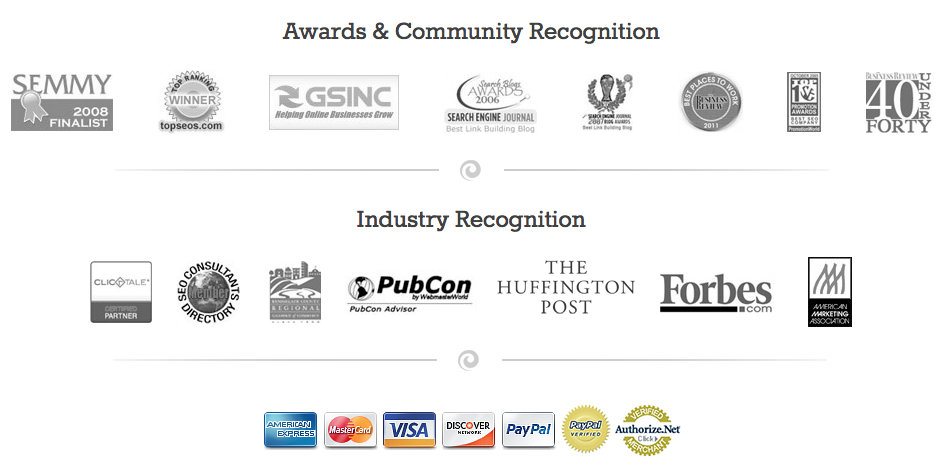Can You Outsmart Google’s Algorithms?
The argument continues to rage over whether an SEO strategy exists that can outwit Google’s algorithms. SEO companies in Orange County are taking a close look at Google’s Penguin update and other updates that have occurred in the past year, trying to answer this perennial question.
Bruce Clay recently gave some insight into Google’s policies, and what he said boils down to one essential: White Hat SEO is the only way to avoid being tagged as a spammer by Google.
What Does Penguin Want?
Clay notes that it is not surprising that the sites targeted by Penguin’s new update share a common feature: they have been shortcutting for years.
When Google took a more laissez-faire attitude toward SEO, these sites skated through—much like the student in the back of the classroom that was passed from grade to grade simply because it was less trouble than trying to teach him anything. However, the “new teacher” in the classroom—a/k/a Penguin updates—has finally decided to teach that student a lesson. The sites that have long taken the easy route are suddenly finding themselves confronted with harsher penalties. Link buying, “incestuous” linking structures, and inorganic inbound links are suddenly under the spotlight.
Google has always published guidelines to give webmasters the rules on safe SEO, and most of them boil down to one thing: hard work. Google expects your SEO to earn the rankings, not to trick Google into giving you something for nothing. Google is quick to note that SEO itself is not spam; however, there are ways of using SEO that are nothing but spamming, and apparently the search engine giant is tired of the “cheaters.”
Does an Algorithm-Resistant SEO Strategy Really Exist?
The short answer is no. The longer answer is maybe.
The way to comply with Google’s algorithms lies in approach rather than slick tricks. A “quick fix,” the favorite of site owners, does not really exist. Good SEO strategy takes time and effort, but pays off in security over the long run.
Reactivity is often discussed but is not really the issue. By its nature, SEO will always be reactive to changes in the market and environment. Clay prefers the term “formatting changes” to describe this type of reactivity. However, he is quick to point out that focusing solely on reaction will sooner or later end a site with SEO problems.
Google’s advice for SEO has been available for a long time, and following it will ultimately lead to permanent safety from penalization. High-quality content and good SEO strategy will eventually get you to the top of the rankings; taking shortcuts will inevitably cause you to fall.
Do I Deserve A Ranking?
Google takes its product seriously, and that product is ranking. If it does not discipline spam and low-quality content websites, users will sooner or later ask themselves why they are using it.
Be sure you are earning your rankings with high-quality, original content and by following Google’s SEO guidelines.
What Do I Do If I’ve Already Been Penalized?
A recent Search Engine Land article featured Matt Cutts of Google who stated that cleaning up your site is the best way to start. Penguin refreshes periodically, so you can earn back your ranking place when the filter refreshes. However, Cutts warns that this will take time, and will depend not only on removing bad links but also on focusing on your content and ensuring it is the best it can be.
















